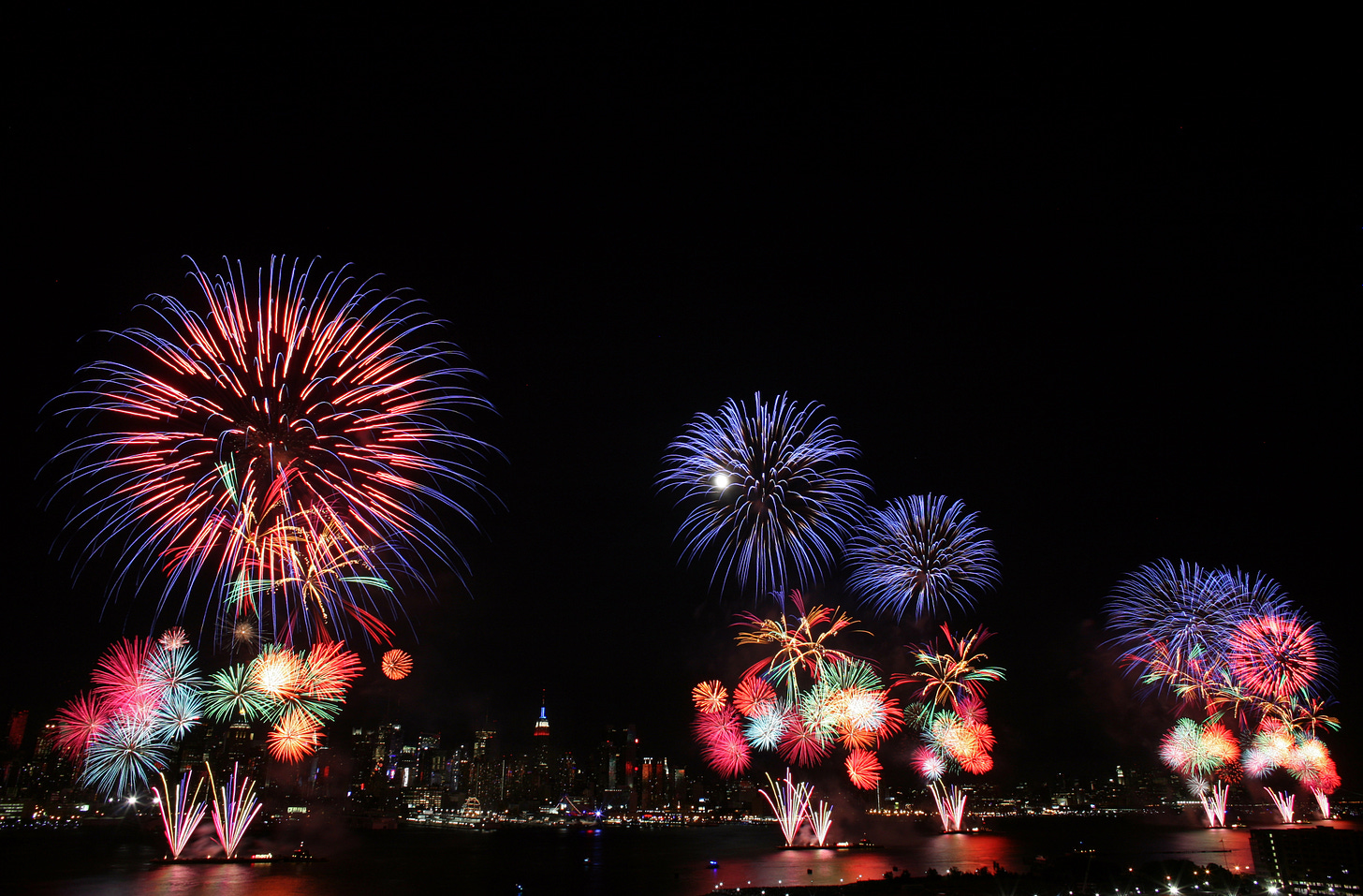“My country ‘tis of thee,
sweet land of liberty,
of thee I sing...”
The Fourth of July commemorates a culmination. And a beginning.
With America’s future feeling particularly vulnerable just now, we pause and reflect on the lessons this holiday can provide.
We can marvel at how the announcement of a new nation in a Declaration of Independence served as a dramatic and momentous conclusion to years of fracturing between the British Crown and its colonial subjects. Looking back at all that has followed, it may be tempting to treat this action as inevitable. Yet it is impossible for us to truly comprehend how fateful a step this was. Many who signed their names in Philadelphia knew they could pay with their lives if the fledgling armed rebellion were to fail.
There have been many moments in our history when women and men have stood up courageously in the cause of freedom.
At the same time, the soaring rhetoric of the Declaration clashed — often violently — with reality. Most who lived in the colonies would be denied full citizenship rights in the new nation — including enslaved peoples, Native Americans, and women. “We hold these truths to be self-evident, that all men are created equal, that they are endowed by their Creator with certain unalienable Rights, that among these are Life, Liberty and the pursuit of Happiness” would become a North Star — albeit a distant one — that has guided a long, tortuous, and sometimes bloody march toward justice.
This friction around who we say we are, who we hope to be, and who we actually are has been a hallmark of the American experience. As our country approaches its 250th birthday, we can take pride in how far we have come while still recognizing the precariousness of progress.
Our national story has been relatively brief when compared to the histories of other nations. But it has been especially eventful.
We can point to ample evidence that as we have grown more diverse, more democratic, and more fair, we have been strengthened as a nation. Yet the nature of democracy is that as new majorities grow, those who once held power find their positions threatened. The response can be to use the levers of privilege to try to thwart the will of the full electorate.
Sadly, many who eagerly wrap themselves in the flag today and proclaim the greatness of America see this nation through the narrow lenses of the past and not an expansive and inclusive future. They are emboldened by an unbounded Supreme Court, fueled by lies and conspiracy theories, and driven by divisiveness.
What the Fourth can teach us, however, is how untenable it is to have a chasm between power and the people. The colonists lived in an autocracy with no rights to vote in the affairs of their own country. They were naturally skeptical of unchecked power, and they set in motion a process of representative government that has come to reflect more and more of the nation.
Yes, we face hurdles to becoming a fully functioning democratic republic, such as extreme partisan (and racial) gerrymandering, voter suppression laws, and the Electoral College. And yes, we live with the legacies of the past's injustices. But we still have the power of the vote, and we have seen how powerful that can be. If there is a will for the American people to ensure our country fully lives up to its founding ideals, for tackling the serious challenges we face, and for keeping our cherished rights, there will be a way.
Happy Fourth to all of you in the Steady community. We are deeply thankful for your engagement, energy, and empathy.
“O say does that star-spangled banner yet wave
O'er the land of the free and the home of the brave.”
Please consider subscribing if you aren’t already a member. This effort is supported by the Steady community.




Great wisdom and insight: emboldened by an unbounded Supreme Court, fueled by lies and conspiracy theories, and driven by divisiveness.
I am bothered by the term “Supreme Court”. The word supreme brings to mind supremacy and absolutes. They are appointed for life, not elected. Doesn’t mesh with our democracy.